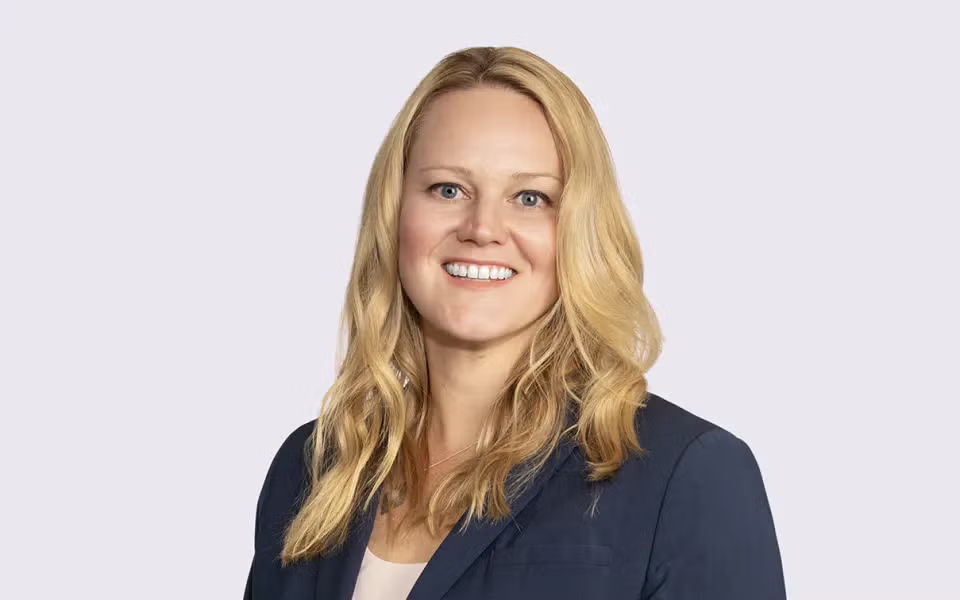
Pradeep Khosla, former dean of engineering at the esteemed Carnegie Mellon University in Pittsburgh, officially took the helm as UCSD’s new chancellor on Aug. 1. During his first day on the job, Khosla discussed his approach to leadership and his intentions for the university as he leads the next generation of Tritons into their successful futures. His primary goals will be defined over the next six to nine months in collaboration with faculty, staff, alumni and major donors, he said. His grand vision for the campus, however, is one that focuses on a high-quality education and experience for all students at the distinguished university. Here are some of Khosla’s student-centered goals for the campus: AFFORDABILITY FOR ALL STUDENTS Khosla ambitiously hopes to raise the university’s endowment from $500 million to $3-$4 billion in the next 10 years, he said. “If we had a significant endowment we could literally use that to fund undergraduate scholarships and create better access for not just California students, but for students across the country, and we would have a very big impact,” he said. “Access is tied to affordability.” Although his goal is certainly an aggressive one, Khosla has a proven track record of successful fundraising. At Carnegie Mellon, Khosla played a key role in raising $90 million to fund the College of Engineering Bio-Energy-Nano building, as well as the university wide $100 million Sustainability Energy Institute. “You have to tame the escalating cost of going to school, there’s no doubt about that, but it’s clear that just by taming that cost does not make the system as affordable as it needs to be,” he said. DIVERSITY ON CAMPUS Khosla named the strong community base and emphasis on diversity at UCSD key factors in his decision to take the position as UCSD’s chancellor. “The culture on campus — for many, many reasons — should be one of total and unquestioned inclusively. By that, I mean diverse people of all types, of all different orientations or different colors should all be equally accepted and learn from each other,” he said. LEARNING INTERACTIONS INSIDE AND OUTSIDE THE CLASSROOM “I think for anybody to be successful, having IQ supported by EQ [emotional intelligence] together is a recipe for success. When I talk to the students about their inclusion and common sense, it was more tied to the EQ part of it,” he said. “I think we have to build an education experience where classroom education is one part of it that is focused on the formal — mathematics, social sciences, literature — but the informal education that happens amongst colleagues, amongst peers, students and professors, where you pick up these experiences of successful people.” USING MODERN TECHNOLOGY FOR COLLABORATIVE LEARNING “When we think about education, we have to look at this 18-year-old — the typical age of a freshman — who is coming in and understanding. [This is] someone who is a million times more proficient than me in video games and computer technology and information technology. Their method of learning is very different than the way I learned or I was trained to learn many, many years ago,” he said. The chancellor indicated his hope to bring more technology into the classroom to cater to the learning styles of a new age of students. “I’m talking about collaborative learning styles. How do we use social networking in peer groups and having these students learn from each other? How do faculty members get involved in this? There’s a whole world of technology that has to be understood and it’s important. We still have a lot to understand, but I think we can start by employing more technology,” he said. A BRIGHT FUTURE DESPITE STATE BUDGET WOES “You cannot underestimate the power of motivated, smart people and 30,000-plus of them in a single location. You can’t keep them down and suppressed just because of lack of money. I’m confident that we will compensate for this by creating mechanisms largely through support of the local community and support of alumni who are doing extremely well,” he said. “We have to cobble up resources from multiple sources and put together a package that creates stability of this institution in a sustainable way. Not just stable when I’m chancellor, but stable for the next 50 years.”












